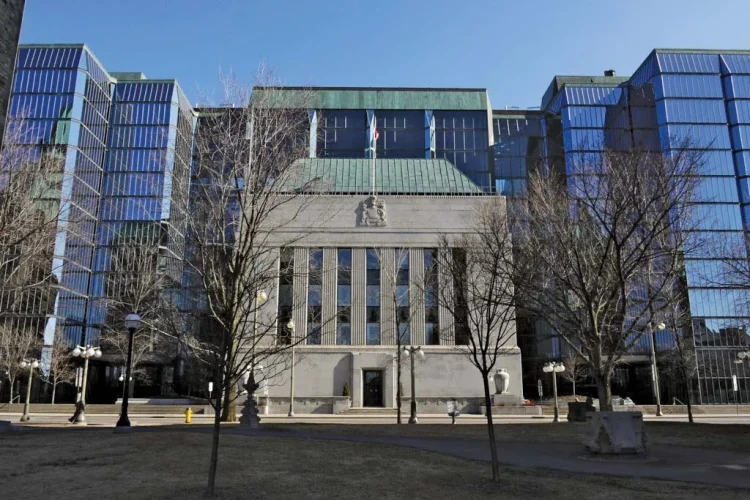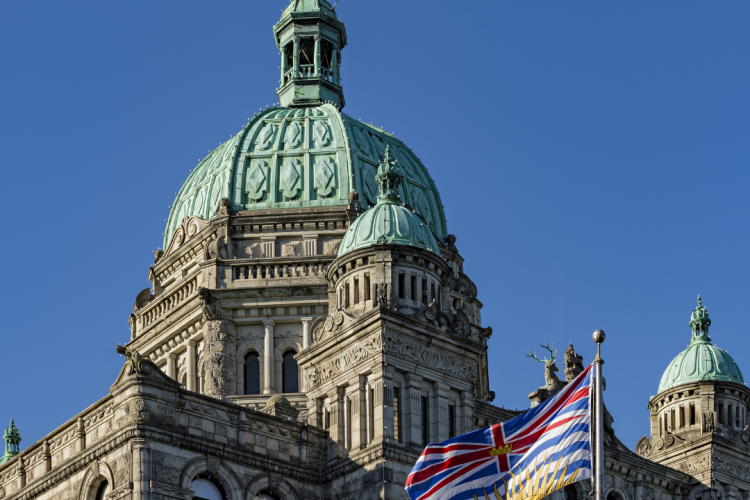Victoria, British Columbia, is one of Canada’s most picturesque cities, known for its scenic waterfront, vibrant culture, and temperate climate. It’s no wonder that so many people are eager to make Victoria their home. Whether you want to purchase a presale or pre-construction home, understanding your home financing options is crucial. At Victoria New Homes Group, we specialize in helping clients find their dream home and guide them through the entire process — including financing. Here’s a breakdown of the most common home financing options available to buyers in Victoria, BC.
1. Traditional Mortgages
The most common form of home financing in Victoria is a traditional mortgage. If you’re purchasing a presale or pre-construction home, a mortgage is typically the go-to option. A traditional mortgage allows you to borrow money from a lender, such as a bank or credit union, to purchase a home. You will need to make monthly payments towards the loan, which includes both principal and interest.
- Conventional Mortgages: These require a minimum down payment of 20% of the purchase price if you’re buying a home that is valued at $1 million or more. If your home is under $1 million, the down payment could be as low as 5%.
- High-Ratio Mortgages: If you don’t have a 20% down payment, you’ll need to apply for a high-ratio mortgage, which will require mortgage insurance through the Canada Mortgage and Housing Corporation (CMHC). While this type of mortgage increases the cost of your monthly payments, it can help buyers with smaller down payments enter the housing market.
Pros:
– Widely available
– Flexible repayment terms
– Low interest rates (depending on market conditions)
Cons:
– Requires a sizable down payment
– Mortgage insurance costs for high-ratio loans
2. New Home Buyer Programs
For first-time homebuyers in Victoria, there are a number of programs that can help ease the financial burden of purchasing a home. The Canadian government offers several initiatives that can help reduce upfront costs or provide tax relief. Here are some key programs:
- First-Time Home Buyer Incentive (FTHBI): This program allows eligible first-time buyers to borrow a portion of the down payment from the government. In exchange, the government shares in the property’s equity. It’s a great option to reduce your monthly mortgage payments and make it easier to get into the market.
- GST/HST New Housing Rebate: For new home buyers, including those purchasing presale and pre-construction homes, you may be eligible for a rebate of a portion of the GST or HST paid on your new home.
- First-Time Home Buyer’s Program (BC): This program offers a reduced property transfer tax for first-time homebuyers. If you meet certain eligibility criteria, this could save you thousands of dollars when purchasing your home.
Pros:
– Lower initial costs
– Special incentives for first-time buyers
Cons:
– Specific eligibility criteria
– Shared equity with the government (in the case of FTHBI)
3. Construction Financing for Pre-Construction Homes
When purchasing a pre-construction or presale home, the financing process is a bit different than buying an existing home. Construction financing is often necessary to help buyers cover the costs associated with purchasing a property before it is built.
- Progressive Draw Mortgages: For a pre-construction property, lenders may offer a progressive draw mortgage, where payments are made in stages as the home is being built. This type of financing allows you to only pay interest on the funds drawn until construction is complete.
- Bridge Financing: If you’re selling your current home to purchase a presale home and there’s a gap between the sale of your home and the completion of the new one, bridge financing can provide the temporary funds needed to cover the gap.
Pros:
– Structured payments as the property is built
– Flexibility if purchasing a home off-plan
Cons:
– Potential for higher interest rates
– Longer timeline for full financing approval
4. Equity Loans or Lines of Credit
Another option for financing your home in Victoria could be to leverage equity from another property. This is typically an option for homeowners who already own a property and are looking to upgrade to a new home, either presale or pre-construction.
- Home Equity Line of Credit (HELOC): A HELOC allows homeowners to borrow against the equity they’ve built up in their current home. This can be a flexible way to finance a new home or cover renovation costs. It’s often used by those who are buying a presale property and want to tap into the equity of their current home for the down payment.
- Equity Loans: These are similar to traditional mortgages but are secured against the equity of the property you already own. The advantage is that you may qualify for a larger loan, but the disadvantage is that you risk losing your property if you’re unable to repay the loan.
Pros:
– Access to extra funds without selling your current property
– Flexible repayment options (for HELOCs)
Cons:
– Risk of losing your home if you default on payments
– Interest rates can be higher than traditional mortgages
5. Private Lenders and Alternative Financing
For buyers who may have difficulty qualifying for a traditional mortgage, private lenders or alternative financing may be an option. Private lenders typically charge higher interest rates but are more flexible when it comes to qualifications and loan terms.
- Private Lenders: These are individuals or companies that lend money outside of traditional financial institutions. They may be more willing to take on higher-risk borrowers, such as those with a lower credit score or non-traditional employment history.
- Alternative Lenders: Some alternative lending institutions specialize in financing individuals who may not qualify for traditional bank loans. They may offer higher interest rates but can provide faster approvals and more flexible terms.
Pros:
– Easier approval process
– More flexible terms
Cons:
– Higher interest rates
– May come with higher fees or shorter repayment terms
Victoria’s real estate market is dynamic and offers a wide range of home financing options for buyers interested in presale or pre-construction properties. Whether you’re a first-time homebuyer or an experienced investor, understanding the different financing options available can help you make an informed decision. At Victoria New Homes Group, we are committed to assisting you throughout the home-buying process, from finding the right property to securing the ideal financing option.
If you’re considering purchasing a new home in Victoria, BC, get in touch with us today! Our team of experts is here to provide personalized advice and help you navigate the local housing market with confidence.




